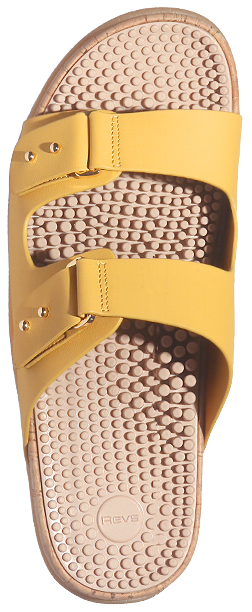
Are your shoes working against your long-term mobility?
Struggling with knee, heel or back discomfort? Discover how everyday footwear affects alignment, joint strain and long-term mobility — and what to look for in supportive shoes designed for longevity.


























